Sport has always played a big part in Australian life, but in the interests of diversity it would be wrong to assume that all modern Australians think about sport the same way. And that’s why the Australian Bureau of Statistics has recently added some sport-related questions to the Census form. Most of them are straightforward enough; ‘Do you a) barrack for Collingwood or b) hate Collingwood?’, ‘Should State of Origin teams include trans men?’, ‘Have you ever heard of rugby union?’ and so on. But some are more nuanced, and none more so than the one designed to assess our changing attitudes to tennis. ‘Which would you rather watch,’ it will ask you, ‘three hours of outstanding tennis played by two great athletes, or three hours of outstanding tennis played by two great athletes who are subject to outbursts of rage and the mouthing of obscenities?’
I know how Janet Albrechtsen will respond to this question, having read what she thinks of Nick Kyrgios in the Weekend Australian. But while I tend to agree with her on most subjects I wouldn’t on this one. Not just because Kyrgios actually played pretty well in his first grand slam final; indeed, he served more aces and hit more forehand and backhand winners than his opponent, the final scoreline flattering The Joker somewhat. But mainly because the Kyrgios facing him was not, in another, equally important respect, the Kyrgios who’d taken out fourth seed Stefanos Tsitsipas a few days earlier. And what a difference those days made. Not once during the final did Kyrgios try to humiliate his opponent, or demand the removal of a line judge, or question the intelligence of the umpire––even though this was the same umpire he’d called ‘a f***ing idiot’ the last time they met. Worst of all, instead of slouching disrespectfully during the trophy presentation and exuding––when summoned to the microphone––surly, monosyllabic indifference to tennis in general and Wimbledon in particular, Kyrgios lauded his opponent, thanked the organisers and acknowledged the crowd. Having stayed up half the night to watch this, I can’t believe I’m the only Australian who went to bed feeling slightly cheated. It was like watching an episode of Game of Thrones in which nobody gets killed. Sure, we all want our Nick to be a great player, Janet. But not all of us want him to be a good sport.
Some pundits believe Kyrgios should have been disqualified after his quarter-final, pointing out that John McEnroe was once disqualified from a grand slam for exactly the same code violations. Presumably they think that Wimbledon, of all sports tournaments, is the one where you’d expect certain traditional standards to be upheld. But the truth is that for all its post-war dress codes and ‘quiet please’ formality, Wimbledon has adapted like an urban fox. And while the Brylcreemed blazers who run it may privately fantasise about Nick Kyrgios being horse-whipped and thrown into the Thames, they know that in this ratings-and-social-media-driven world, a few players with his kind of temperament and Instagram following are a no less desirable accessory to a grand slam venue than a retractable roof.
I suspect that people who worry about falling standards at the Home of Tennis also worry about falling standards in the House of Windsor. And I’m not talking about bad apples Andrew and Harry here; I’m talking about their brothers. The affection which even the staunchest republicans have for HM the Queen is due in large part to her Guinness Book of Records ability to keep her mouth shut. As I’ve said before in this column, many see her successor’s inability to do the same thing as the single biggest threat to the future of the monarchy. But I’m starting to wonder if Charles is actually smarter than we think, and that he has decided that just like Wimbledon, the monarchy must adapt in some very fundamental ways if it is to survive at all. Specifically, that the studied neutrality which endeared his mother to so many past generations might not go down half as well with the present one, a significant proportion of which believes that ‘violence is silence’, and that not publicly supporting a cause––especially a politically correct one––is the same as opposing it. If Charles does believe this, he would certainly have briefed William, which would explain the latter’s parroting of his father’s net-zero ambitions and his more recent mea culpa about Britain’s participation in (but not its decisive role in the abolishment of) the slave trade. Perhaps the man destined to be Australia’s next-but-one head of state has also decided that the most self-serving way to deal with any woke assertion is to simply agree with it. Perhaps he will be William the Concurrer.
Got something to add? Join the discussion and comment below.
Get 10 issues for just $10
Subscribe to The Spectator Australia today for the next 10 magazine issues, plus full online access, for just $10.
You might disagree with half of it, but you’ll enjoy reading all of it. Try your first month for free, then just $2 a week for the remainder of your first year.


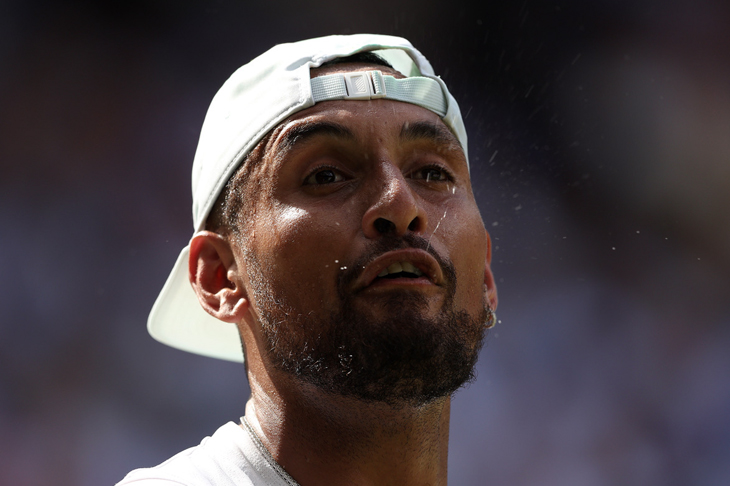
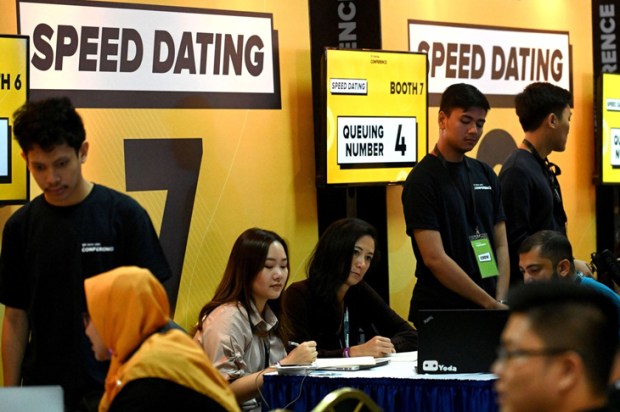
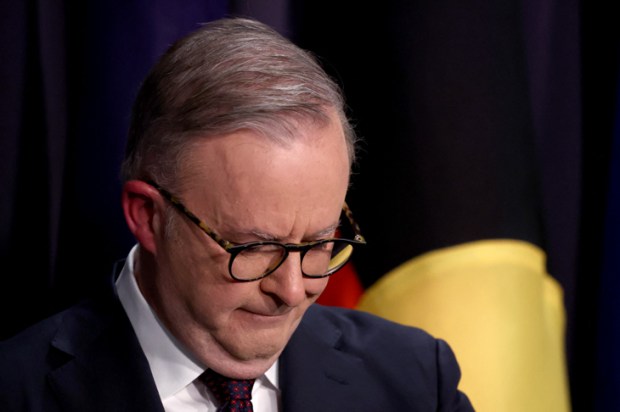
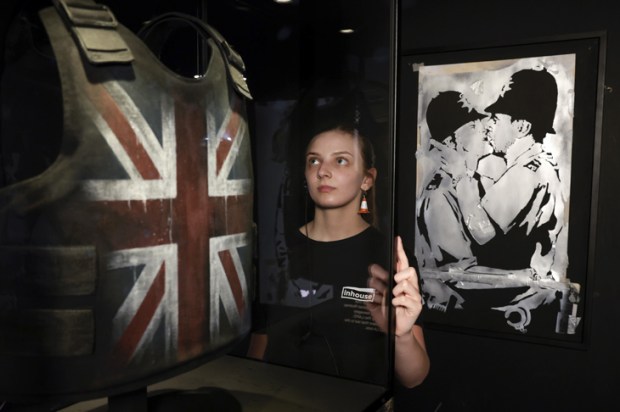
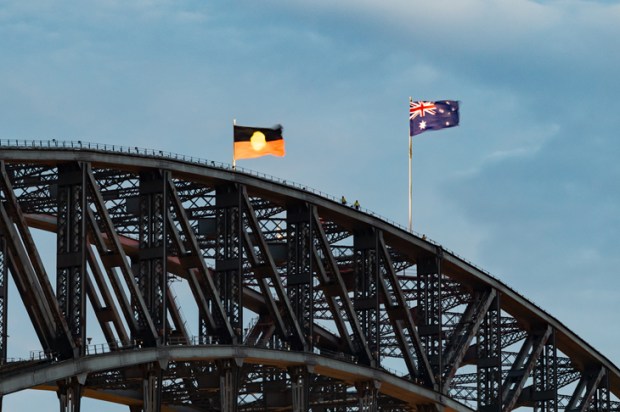

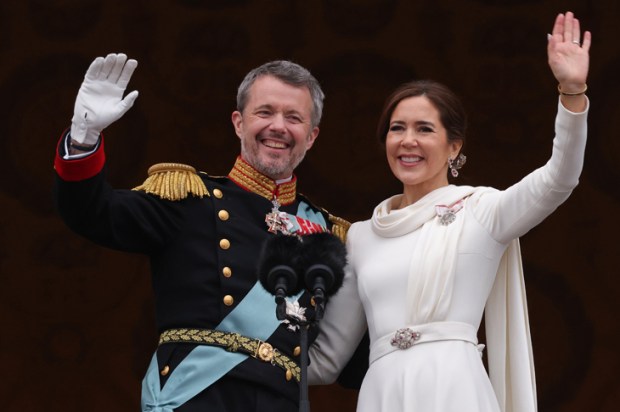






Comments
Don't miss out
Join the conversation with other Spectator Australia readers. Subscribe to leave a comment.
SUBSCRIBEAlready a subscriber? Log in